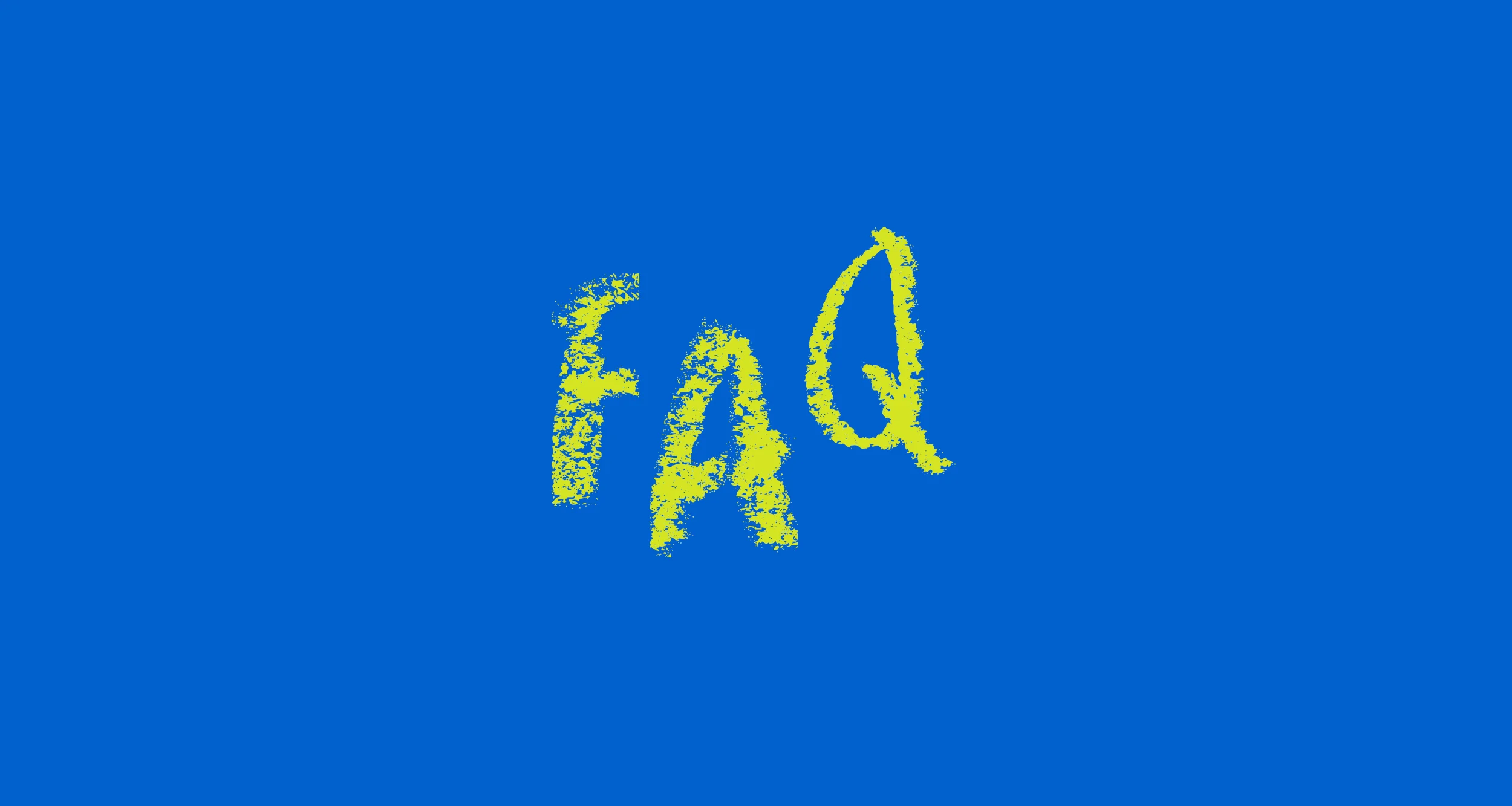Yeah, good question.
1. This is going to sound crazy, but I spent a lot of time trying to think of something that Colin would think of as behaving like light, and after all that time thinking about it, I could never think of anything other than millions of tampon strings blowing in the wind.
2. There are—or were in 2006, anyway—still textile factories in the American South, and some of those textile factories had been reduced due to outsourcing to producing one specific product, and when I was in high school, a friend of mine explained her hometown to me by saying that every adult she’d ever known worked at a tampon string factory.
3. It seemed like a gentle and funny way to get at Colin’s massive discomfort with actual human women. Like, obviously he is obsessed with romantic relationships and being in them, but he is also majorly freaked out by the reality of girls, because he is so busy romanticizing them.
